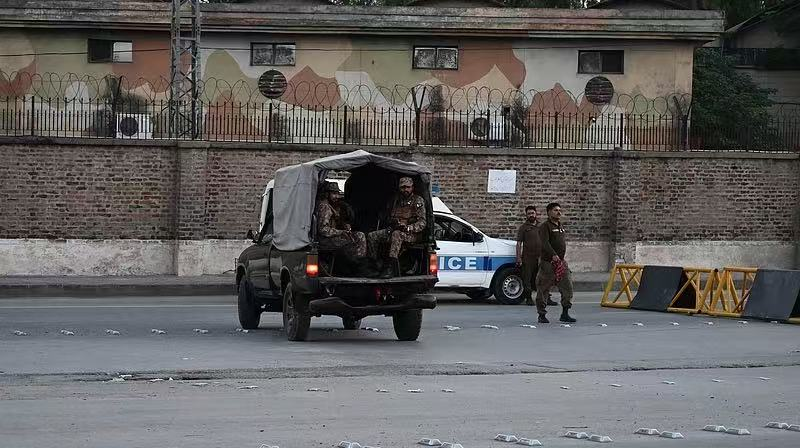Pakistan and India, two nuclear-armed neighbours, have agreed to an immediate ceasefire after four days of airstrikes. The announcement, made by Pakistan's Deputy Prime Minister and Foreign Minister Ishaq Dar on Saturday, signals a potential de-escalation in a region long marked by tension.
The clashes began when each side launched military strikes across the de facto border, raising fears of a wider conflict. While both governments have yet to release casualty figures, analysts warn that any escalation risks civilian suffering and regional instability.
"We have agreed on a ceasefire with immediate effect," Ishaq Dar said during a joint statement. "Our priority now is to protect lives and create space for peaceful dialogue."
The ceasefire offers a chance for renewed diplomatic engagement. Experts suggest that sustaining peace hinges on transparent communication channels, confidence-building measures, and addressing underlying disputes through multilateral forums.
For young global citizens and business leaders tracking emerging markets, the return to calmer skies in South Asia could revive trade routes and cross-border investments. Meanwhile, travellers and digital nomads can hope for safer travel corridors in the Himalayan foothills.
As the world watches, sustaining this ceasefire will test the commitment of both sides to long-term peace. The next steps may include high-level talks and civilian confidence measures that pave the way for lasting stability.
Readers are encouraged to follow developments as diplomats work to solidify this fragile calm.
Reference(s):
cgtn.com



